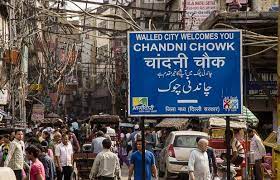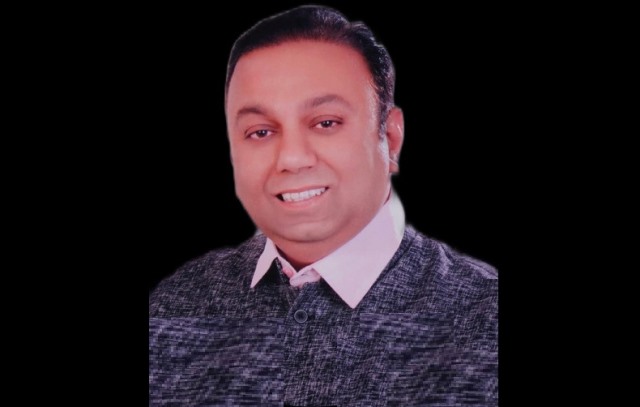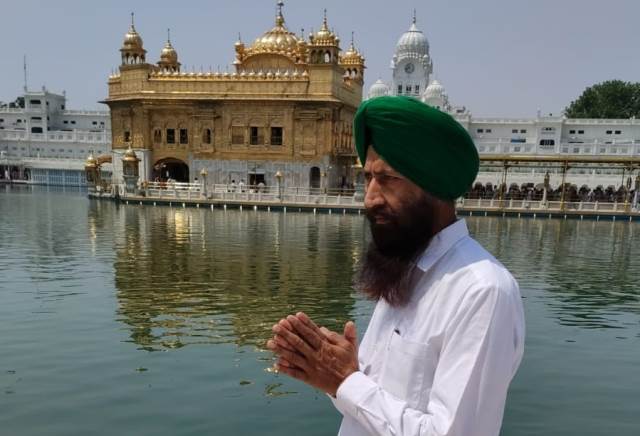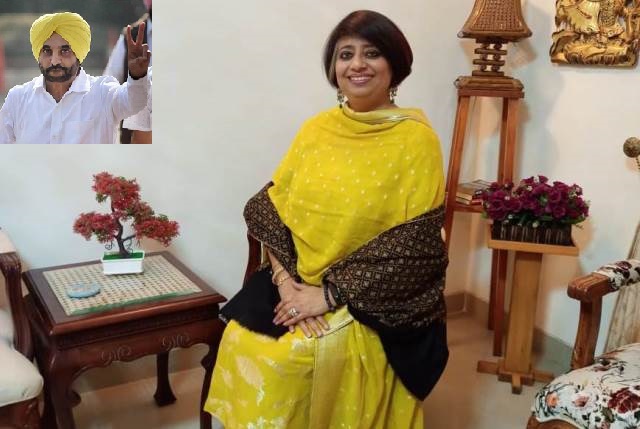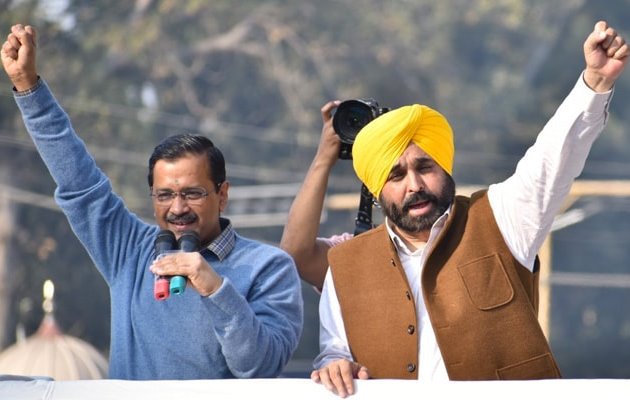For over four decades, Punjab has been used by national parties for electoral strategies. From Congress Party’s Indira Gandhi who tried to break the Akalis in 1978 after they frustrated her ‘infamous Emergency’ to the Akali Dal’s Badals who treated the state as their fiefdom, to Congress’ Amarinder Singh who could not stop playing the Maharajah and the BJP that tried to break the farming sector, Punjab has only seen violence, divisions, underinvestment, frustration, corruption, drugs and brain drain. Can Kejriwal reverse Punjab’s fortunes?
The Punjab state has tremendous potential. It has a very hard working population that made the Green Revolution possible and end food poverty in India during the 1960s. But this community of farmers has come under repeated pressures from Indian policy makers attempting to change small family farms to commercial farming.
Punjab had some leading educational institutions. Many of these have suffered from lack of investment and brain drain. Mostly they have suffered during the period of unrest when many a young Punjabi was either killed in infamous extrajudicial executions or ran to the West seeking sanctuary. A whole generation of educated Punjabis is missing from Punjab. Further, there is lack of job opportunities. The quality of education institutions and the job market feed on each other.
Punjabis are generally straightforward people and deeply passionate about their culture, language and beliefs. But for nearly two decades, the Akali Dal under the Badals managed to divide the population on religion, caste, political ideals and religious sects. There have been numerous incidents of sacrilege, of intracommunal violence and general distrust among people during their rule.
As a border state, Punjabis tried hard to avoid drugs that came from Afghanistan enroute to rest of the world. But a well-developed network of suppliers with patronage from politicians and allegedly the police have plunged many families into chaos as young men and women become addicted. Neither the Badals (Akalis) nor the Congress Amarinder Singh were able to tackle the issue. In fact a few Akali leaders are facing charges of involvement in the narcotic business. Amarinder Singh who took a holy vow to reverse drug business within four weeks if elected, left the CM office with increase in number of addicts in Punjab.
One of the tragedies of Punjab’s recent history is the issue of Foreign Direct Investment. It was a key issue in the Anandpur Sahib resolution put forward by the Akalis, who complained that Punjab is not being allowed to attract investment from its large diaspora. Under Dr Manmohan Singh as Finance Minister in 1990s, states were given freedom to go and get FDI. Many states, such as Karnataka, Bengal, Gujrat etc took full advantage and their economies boosted with FDIs.
In the 90s, Punjab had unrest and violence. However after 2000 this was largely absent. The Badals came to power. Many a Punjab patriotic Sikh businessperson settled in the rich West wanted to invest, set up industry, technical institutions, IT companies etc. As the initial wave of enthusiasts tried to invest in Punjab’s future, they soon abandoned their efforts.
They met with corruption, red tape, harassment and demands for free shares, sometimes up to 25 percent of the company. Commercially it simply didn’t make sense to invest in Punjab. Frustrated, some took their money to other states in India. But the vast majority of otherwise successful business Punjabis in the West, decided to abandon their patriotism for Punjab. The people of Punjab were deprived of becoming an economic giant in India.
The 2022 election has swept the cobwebs that kept Punjab back and brought Kejriwal’s AAP as an electoral tsunami. The Punjabis have come together after decades to elect one party together. Until now there was the large Sikh Akali camp and the equally significant Hindu vote bank. Parties nurtured this division as their base but formed coalitions to form Government in Punjab. Year 2022 has changed that. Hindus and Sikhs have voted together for their future.
Akali Dal, the traditional party that gave Sikhs an identity, has been abandoned by Sikhs in their thousands in Punjab. Many suspect the Badals of cynical complicity or at least complacency in the several incidents of sacrilege, abuse of religious institutions and misappropriation of Gurdwara funds. So much was the anger among Sikhs that the father-son duo have even have lost their seats. Their relatives have been rejected by the Sikhs. This party that once gave Punjab a glorious history, only managed to gain four seats out of 117.
The Punjabis are astute people. They want a future. They don’t want communalism, unrest or being taken advantage of by national parties. They had no choice. But one finally came along.
Arvind Kejriwal has travelled a long road to Punjab. Not being a Punjabi, he had little understanding of the Punjabis. He was rebuffed in the past. However his attitude and demeanour changed over the years as he got to know the Sikhs and the Punjabis in general.
Kejriwal comes with a clean slate. He has improved the schools, hospitals, roads and civic life in Delhi. People are happy with his management and rule. In Delhi, he has no power over the police. He cannot interfere in their appointments or censor their activities. He cannot control law and order in Delhi.
Punjab is the first real state where AAP (Aam Aadmi Party) under Kejriwal now has almost complete power. Expectations are high. Here he will have control over the police through his Chief Minister. Here he has the possibility of bringing changes and set priorities for law and order. He has the scope to rid Punjab of the drug menace, police corruption, brutality and destroy the police-politician nexus.
Chief Minister Bhagwant Maan is also known as an honest person. Under Kejriwal’s direction he can address many of the simmering grievances that have led to protests, unrest and which pushed people to finally reject both Akalis and Congress. If he shows courage, he might put a few of the political leaders engaged in nefarious activities, behind bars. He might start a crackdown on drug barons.
AAP in Punjab also has the possibility of reversing the missing Foreign Direct Investments. With the right incentives and by checking corruption, Maan can make Punjab an attractive place to invest for the many Punjabi patriots around the world. Punjab has the potential to become one of the most advanced economies in India. It just needs a Government with the political will to do that with investments in infrastructure, institutions, making investment streams easier and getting rid of ‘percentages’ for politicians, bureaucrats and police officers.
AAP will also need to address cultural and religious issues that have been exploited by previous politicians. Some of these politicians will be trying to ignite them again to mire AAP governance into communal quicksand. AAP will need to show political skills to deal with that. Delhi is a metropolis. Punjab isn’t. Identities, beliefs and taboos matter here.
With the right approach and investment, AAP can start a regrowth of Punjab, create hundreds of thousands of jobs and put Punjab back on the path to recovery. It can bring back communal harmony. Punjab is the real test for Kejriwal and the potential to be the stepping stone for AAP to win in other states. It will not be easy as other parties try to trip it, but if he succeeds, AAP can become an alternative force in Indian politics. As usual Punjab is the beacon that leads.

